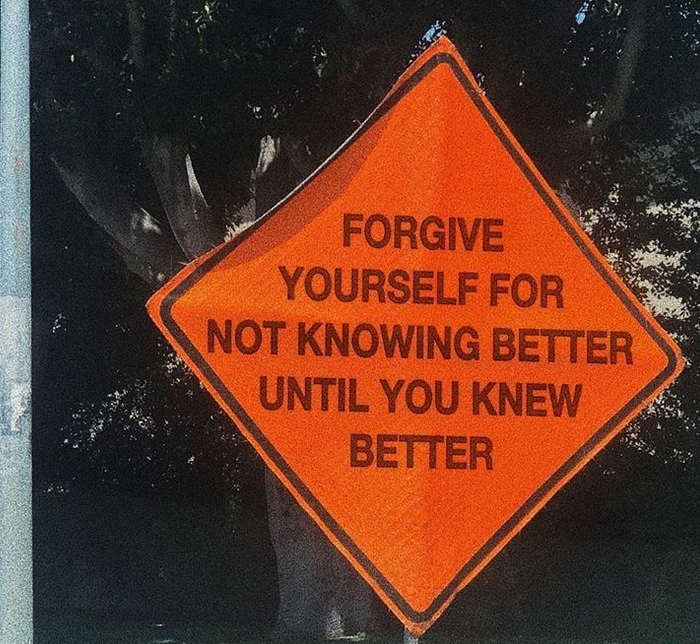Nowadays, it seems only natural (pun intended) to strive for sustainable consumption.
Unfortunately, the trend toward sustainability seems to be bringing a more bitter fruit than could be imagined. The terms sustainable, green, and eco-friendly are losing their meanings and becoming buzzwords instead at an alarming rate.
Like it or not, we as consumers have facilitated this process by making it way too easy for manufacturers of goods in many categories to fool us by greenwashing their products. Some people are susceptible to greenwashing because they care about their own social image more than the environment, while others are simply too gullible not to fall prey to the aggressive marketing that covers not-so-ethical practices.
Volumes can be written on the underlying reasons for greenwashing. The question of who is to blame in the first place, the corporations or consumers who do not take their environmental responsibility seriously, is as interesting as it is pointless to answer.
The real problem to tackle is how to recognize greenwashing and avoid spending money on greenwashed products.
Below is the list of simple tips on how to spot greenwashing.
Needless to say, I am a human being, which means that I myself do not follow each of them every time. My point in sharing these seemingly obvious issues is not to act as a teacher but to provide a useful reminder (and I believe that we need to be reminded of obvious stuff from time to time) on what we can do together to teach unethical businesses a lesson. Here they are:
Four tips to spot greenwashing:
1. Beware of fancy wording and ambitious promises.
It is not my intention to argue that there are no sustainable products on the market, but it is kind of common sense to take claims that something is “the most eco-friendliest product ever” with a grain of salt.
Again, not all such claims are necessarily fake but when a manufacturer centers marketing efforts around sustainability, it is a probable indication that there is more than catches the eye. This technique downplays the importance of environmental efforts by making people perceive sustainability as a matter of fashion rather than continued survival.
2. Become skeptical about “green” packaging.
You may wonder why I decided to make this claim a separate point. The reason is that graphical cues of greenwashing are often more subtle than verbal ones.
I myself have fallen victim to this marketing technique by buying products that have almost nothing in common with sustainability but packages that shouted calmness and eco-friendliness at me. To my defense, I must mention that it most often happened when I was tired after work and did not have the time and energy to fight the instincts prompted by the non-verbal cues.
3. Know your chemistry and biology.
There is no need to have a degree in chemistry to tell that a product contains a harmful substance. Knowledge gained at school is sufficient most of the time.
At the same time, it is vital to stay well versed in scientific facts to avoid being manipulated by marketing campaigns centered around some sensational scientific discoveries that are allowed to create “100 percent natural organic carbon-free plastic from zero-emission oil” or something of the like.
Long story short, critical thinking backed with knowledge of basic scientific principles and interest in ongoing developments are our best allies in the ongoing struggle against greenwashing.
4. Buy only the things you can learn about.
Lack of transparency is a sign of an unethical approach toward manufacturing.
With this point in mind, it is reasonable to assume that greenwashing is the least of offenses a company that does not disclose a lot of information to its prospective customers can be guilty of. It also ties to the previous points as such lack of transparency may be supported with aggressive marketing campaigns revolving around “green” messages.
In my humble, and probably unpopular, opinion, it is better to purchase a product that I have researched and seen as having a lot to improve in terms of sustainability than buy an eco-friendly product that I have little if any information about.
After all, while capitalism may be blamed for the current ecological crisis, it is the system that allows people to impact the world at least to some extent by voting with their wallets.
To sum it up, my concern is that greenwashing may be at least as potent a threat to the future of our planet as unchecked pollution and production of waste.
The reason for this assessment is that both issues are fueled by unhealthy consumerism prevailing in modern societies. To address this threat, we must put conscious effort into detecting and boycotting greenwashed products and services.
We all know that it is not enough to turn the tide on environmental issues. However, it is a small but potent addition to the general effort that may offer a brighter future to the following generations.







Read 2 comments and reply